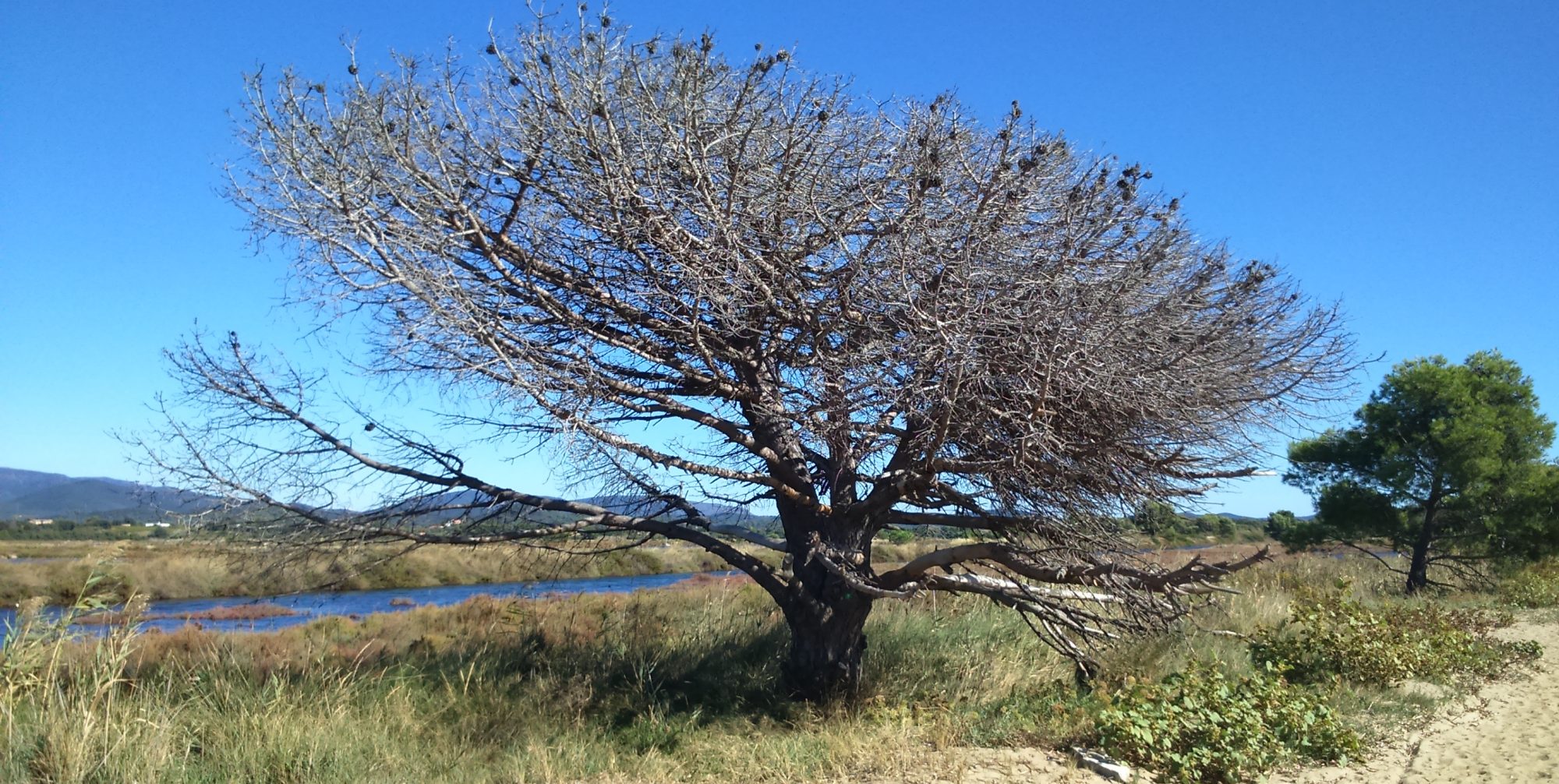‘Co-production‘, ‘participation’ and ‘involvement‘ are all terms used to describe attempts to re-balance the power dynamic within research. Involving those who use services or are normally just the subjects of research in its design, execution, analysis and management can enhance its suitability/ acceptability, reach and robustness. As well as a right, it offers a re-balancing of the more typical ‘them and us‘, power dynamic within research.
Any aspect of research and evaluation can benefit from co-production – eg choosing methods, sampling, tools, questions, analysis and reporting. However, terms like this have become increasingly popular, they are not always backed up by sharing decision making and power.
I promote participation / co-production as much as possible, for instance :
- Teaching co-production on my regular SRA and other courses to help explain the legal basis as well as the scope, potential benefits and models for research and evaluation
- Developing and delivering training for peer interviewers for Alzheimers Society and creating a training manual for them to recruit and train more peer interviewers in the future (2024)
- Helping Great Ormond Street and Moorfields Hospitals to recruit and train a group of young patients to carry out qualitative interviews with their peers (2022).
- Creating a resource pack and guidance, with templates to adapt, for Bernardo’s and other organisations to train and support children and young people to co-design R/E (2022)
- I evaluated the involvement of carers of disabled children in the Cumbria Early Intervention Pilot, 2017-20); and evaluated Our Social Networks a project which involved people with learning disabilities (2021).
- I recruited and trained a group of young people with long-term health conditions to work as advisers to an NHS CCG and the University of East London. The young people developed ideas on improving services for others with similar conditions.
- For the Lambeth Early Action Partnership, I co-produced evaluation indicators, tools and questions with local parents, to help make these more useful and acceptable (2017-18).
- I co-produced tools and questions for the evaluation of Our rights Our Voice, a project to inform disabled children and young people about their health rights (2015-16).
- I supported a group of young people to co-produce evaluation methods and tools to assess the impact of a new sex education programme created by the Sex Education Forum. This co-produced toolkit aimed to promote awareness among young people of gender stereotyping and sexual exploitation ( 2013-15)
- I trained 16 young people to evaluate their local Princes Trust programmes (2014)
- Using focus groups with bereaved children, young people and practitioners, I co-produced outcome indicators with the Childhood Bereavement Network (2011).
- I trained 30 care leavers from across England to develop and conduct primary research on leaving care services in their local area (2006-8)
